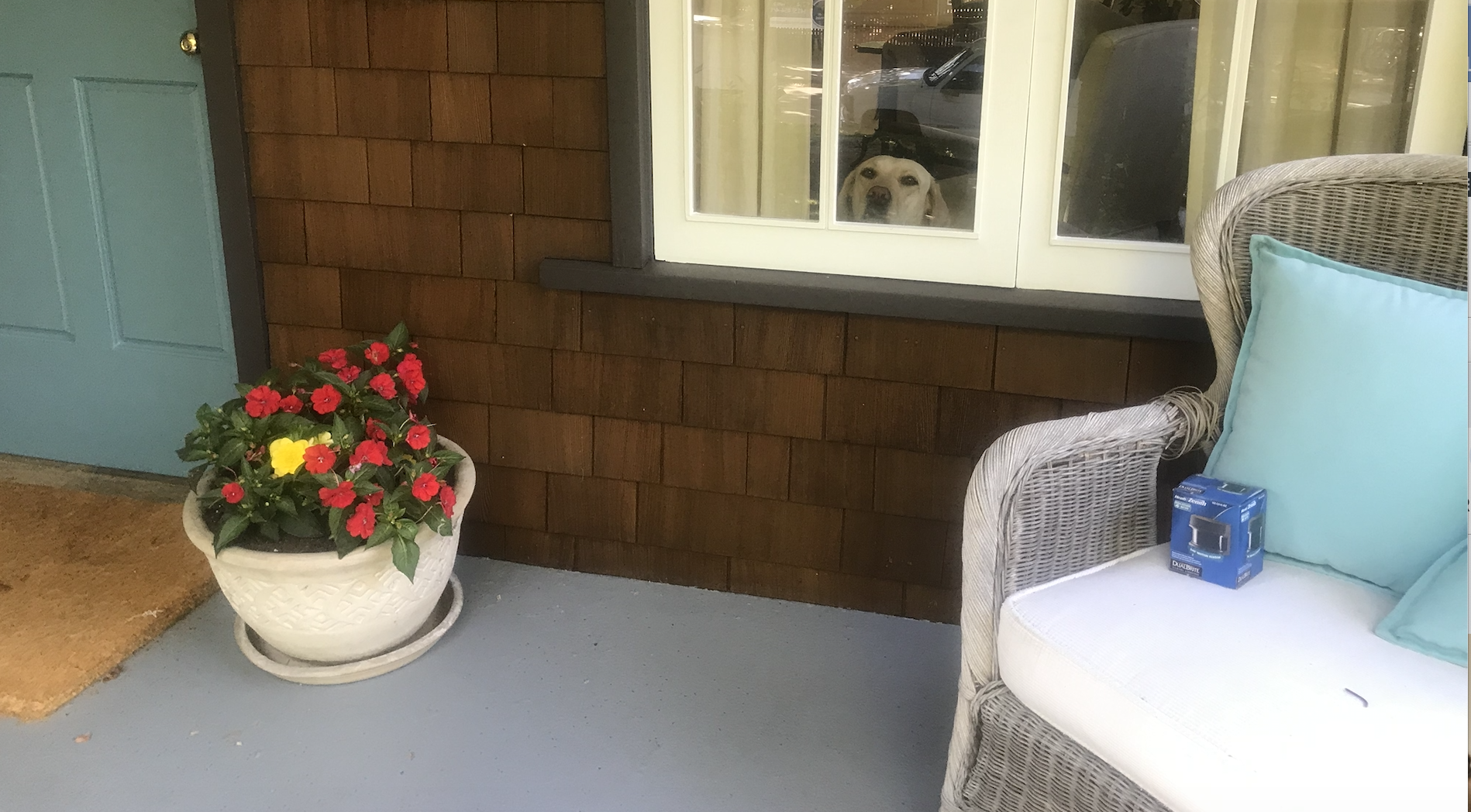More than 30 years ago, we bought this little cottage near my hometown, and Walt and I agreed that we are staying here forever. Is that a survival circuit?
It might be, something like, "I get my . . . everything . . . from my home." My children, now grown and gone, are like that, too. We like this cozy corner of the universe, but why?
Like nearly everything, it's an "emotional brain thing." Emotions are multi-layered experiences of activations of homeostatic and allostatic circuits. There have been some pretty unhappy moments in this house, too. Interesting that I call it a house when the allostatic moments come to mind, not a H-O-M-E. Home has a primitive survival meaning, and a sacred one at that, given the sacred nature of life.
The chemicals and the electricity of home
Our circuits unleash chemical and electrical surges that can heal us or harm us. When my mother died, she and my father had been in their house for 60 years. (We're not a meandering family!) My dad did pretty well, there in the neighborhood. The little kids came to visit him, other families who had known them as a couple, and my mother especially, as she was quite outgoing and social, still saw him.
As long as he stayed in the house, with my brother and me visiting every couple of days, he did very well with losing "Mackey," as he called her. We were lulled into the harshness of the loss because he was doing so well, and began to overthink things. It made "perfect sense" for him to move to a retirement center as his friends were there. He would have a blast. He could play dominoes with them, go to dinner with them, and there were a gym, a poker club, great meals . . . you know, all the things it says on brochures!
Pulling the plug on the joy chemicals
Once he was packaged into a condo there, things went downhill. He had a major depression, the kind often experienced by widowers when they lose their spouse. They start obsessing about something, for him it was his stomach and he was so nauseated that he was flat out ill for the next nine years. We even tried smoking marijuana on his back balcony. I never thought I'd light up a joint for my dad! But nothing worked.
Except one thing did. A wonderful woman, Priscilla, who had been friends with my mom, Mackey, and who was my brownie scout leader when I was eight years old, befriended him. They watched the same programs my mom and dad had watched, Jeopardy and something about dollars. The nausea got better, and he passed away peacefully nine years after my mother's passing.
Coming home wherever we are
Now Priscilla is 97 and just went on Hospice care, really ready to leave her body. I visit her, and I talk to her. I show her videos of my grandson laughing. She laughs. As much as I love my home, it's the neural circuits that thoughts of home bring up that soothe and comfort us.
When I'm in Priscilla's room, I feel warm all over seeing her smile, and the circuits of my love for my mom and my dad light up. I'm sure that I feel an oxytocin surge being with Priscilla. They seem to be there with her, at least they are in my emotional brain. Thank God for that. The circuits stay with us. They are alive in our memories, regardless of one's views on the spiritual nature of life.
Is home a survival circuit? It can be, so I feel a bit more secure enjoying home, but knowing that home is my own circuits, cleared of most of the allostatic memories (but there is always work to do), and celebrating the homeostatic ones.
How wonderful is that? Home is inside us. We just need to stop thinking, and instead enter the portal of the emotional brain – accessing our resiliency pathway and getting from stress to . . . JOY!

